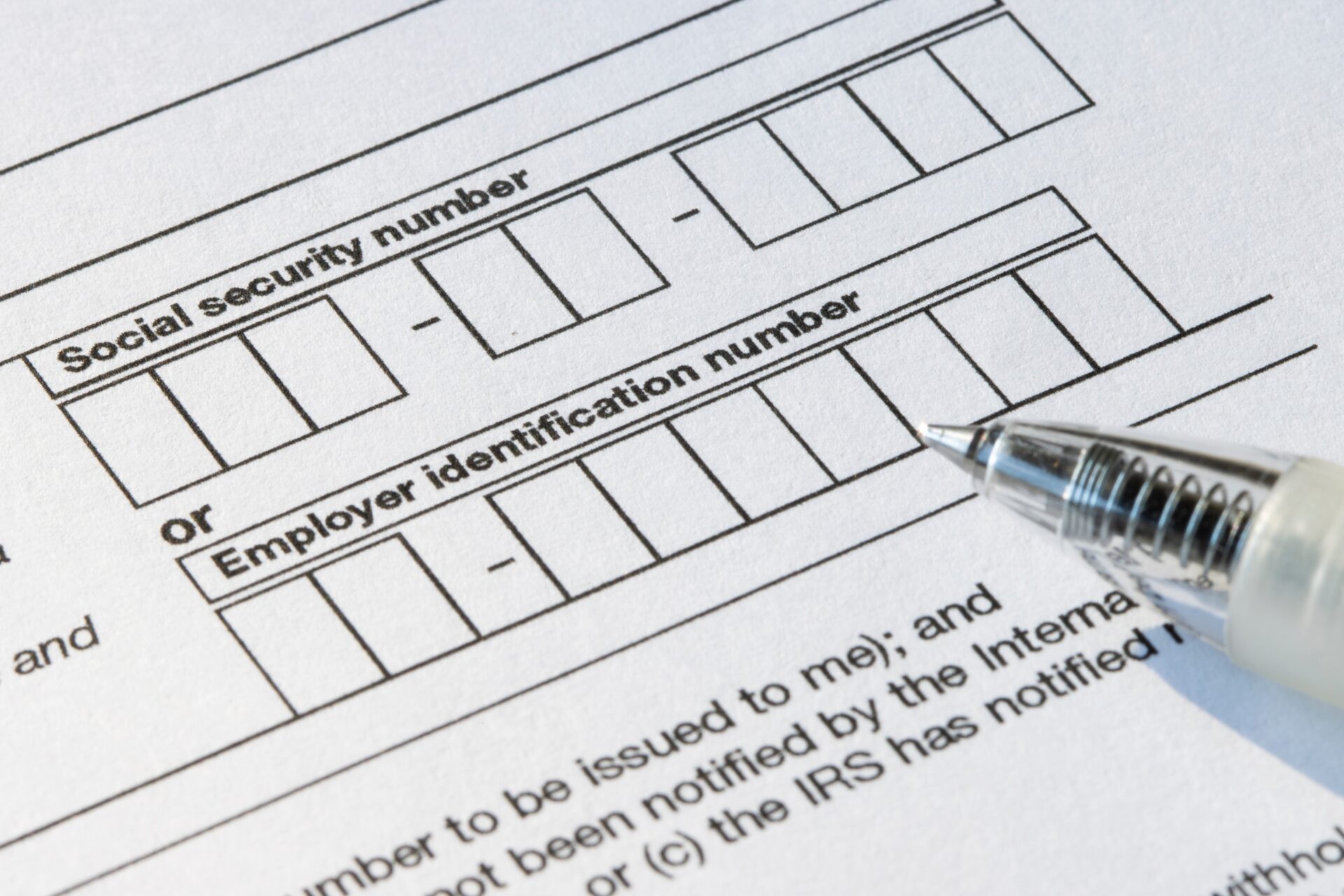What is healthcare/medical factoring?
Healthcare factoring, also known as medical factoring, is a financial transaction in which a healthcare provider sells its accounts receivable to a third-party financing company, known as a factor, at a discount. The factoring company then assumes the responsibility of collecting payment from the healthcare provider’s patients or insurance companies on the outstanding invoices. In exchange for this service, the factoring company charges a fee or commission. This is typically a percentage of the total invoice value. Healthcare factoring is a common practice in the healthcare industry. It is used to improve cash flow and reduce financial risk for healthcare providers.
How does healthcare factoring work?
1. Some typical steps involved in the healthcare factoring process are:
2. The healthcare provider submits their outstanding invoices to the factor.
3. The factoring company evaluates the invoices to determine their collectability and risk level.
4. If approved, the company purchases the invoices from the healthcare provider at a discount. This is usually between 70% to 90% of their total value.
5. The company then assumes the responsibility of collecting payment from the healthcare provider’s patients or insurance companies on the outstanding invoices.
6. Once payment is received, the factor deducts its fee or commission, which is typically a percentage of the total invoice value, and remits the remaining amount to the healthcare provider.
7. The factor continues to manage the healthcare provider’s accounts receivable until all outstanding invoices are collected.
Healthcare factoring allows healthcare providers to access cash quickly, without having to wait for payment on outstanding invoices. It also helps to reduce financial risk and administrative burdens associated with managing accounts receivable.
Is there a difference between healthcare and medical invoice factoring?
Healthcare factoring and medical invoice factoring are essentially the same thing and are often used interchangeably. They both refer to the process of selling outstanding invoices to a third-party financing company in exchange for immediate cash.
However, it’s worth noting that healthcare factoring can be broader in scope than medical invoice factoring. Healthcare factoring may include the financing of a broader range of healthcare-related businesses. Including hospitals, clinics, nursing homes, home health agencies, and medical equipment suppliers, among others. Medical invoice factoring, on the other hand, typically refers specifically to the financing of medical practices. For example, physician groups, dentists, and other healthcare providers who primarily bill for medical services.
Requirements for obtaining health care factoring
The specific requirements for obtaining healthcare factoring can vary depending on the financing company and the healthcare provider’s individual circumstances. However, here are some general requirements that healthcare providers may need to meet in order to be eligible for healthcare factoring:
Established business: Healthcare providers must have a proven track record of providing services and generating revenue over a period of time to be eligible for healthcare factoring. Start-ups and businesses with a limited operating history may find it more challenging to secure healthcare factoring.
Consistent revenue: Healthcare providers must have a consistent revenue stream from insurance reimbursements or patient payments. This helps ensure that the financing company will be able to collect the outstanding invoices and reduces the risk of default.
Quality of invoices: The outstanding invoices submitted for factoring should be free of disputes or any other issues that may affect their collectability. The financing company will evaluate the invoices to determine their risk level. They may decline invoices that are considered too risky.
Insurance verification: The financing company may verify insurance coverage and confirm the status of outstanding claims to reduce the risk of non-payment.
No tax liens or bankruptcies: Healthcare providers with outstanding tax liens or bankruptcies may find it difficult to obtain healthcare factoring.
Adequate profit margin: Healthcare providers must have a sufficient profit margin to cover the cost of factoring fees or commissions.
Overall, healthcare factoring can be an attractive financing option for healthcare providers seeking to improve their cash flow and reduce financial risk. Providers should carefully evaluate their options and work with a reputable financing company that understands the healthcare industry and its unique financing needs.




